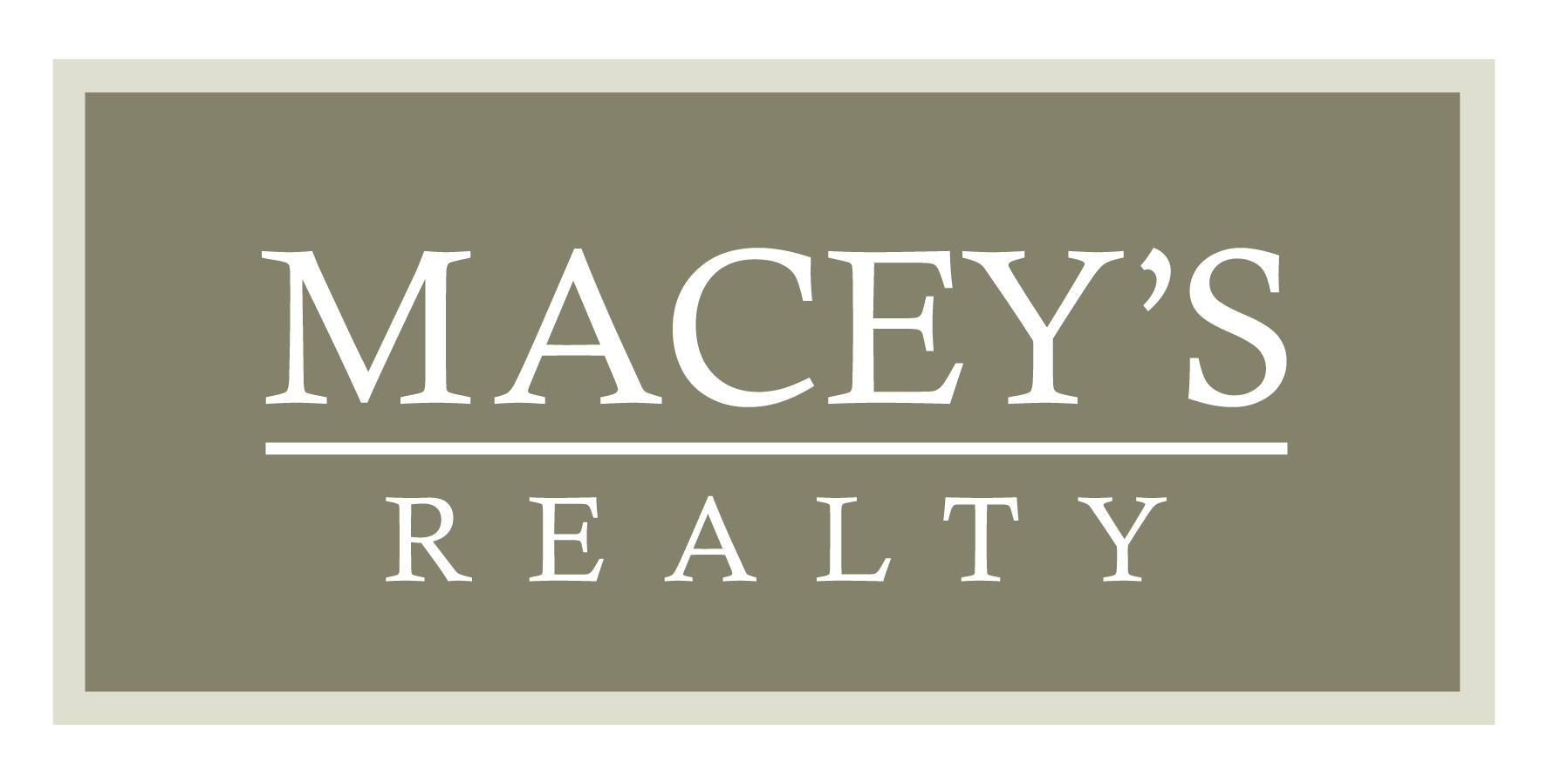
There’s a new way to set homebuyers up for sustainable homeownership.
When borrowers who seemed promising don’t qualify, what can lenders do? Many are using homebuyer education to give these borrowers a positive path forward.
Homebuyer education can help borrowers improve their credit score and understand the long-term commitments of homeownership. With that learning under their belt, many may return to the lender’s pipeline.
Today, the go-to plan is homebuyer education
Homebuyer education, which often includes post-purchase follow-up and access to counseling, lasts just a few hours but can help buyers avoid common home-buying pitfalls. This education also gives homebuyers the tools they’ll need to bounce back should something go wrong during the home-buying process or after the close.
If they need even more help, there’s also homebuyer counseling — customized one-on-one assistance that can help a prospective homebuyer create an action plan to become a successful homeowner.
The reality is that no matter how good their preparation, some buyers will run into trouble. The good news is buyers who take advantage of this kind of assistance have somewhere to turn for help. Homebuyer education and counseling can only make America’s housing market stronger, more sustainable, and more resilient.
Studies show we have far to go on prospective homebuyers understanding of what’s needed to buy a home.
Homebuying 101 — What’s covered and why
A high-quality homebuyer education course can help borrowers get ready to qualify for a mortgage. From creating a budget to lining up the home inspection to collecting the necessary documents, prepared borrowers are primed to navigate the mortgage process smoothly, all while helping lenders save time and resources.
These courses also can help homebuyers understand that down payments these days can be as little as 3% and can come from gifts or down payment assistance programs.
HUD sponsors housing counseling agencies throughout the country to provide free or low cost advice. Many are part of national networks like NeighborWorks America, the National Urban League, Unidos US, HomeFree-USA, and the Housing Partnership Network. Counselors that work with these agencies are trained professionals that are tested and certified. Many of the agencies offer access to online courses in addition to in-person learning sessions.
Smart ownership is sustainable ownership
The truth is a well-informed homebuyer is more likely to achieve sustainable homeownership. A study of the two-year loan performance of more than 18,000 pre-purchase counseling clients from the NeighborWorks America’s network of counseling agencies found that clients who’d received counseling were more likely to stay current on their mortgage payments.
Fannie Mae has documented similar benefits. We studied thousands of loans originated by Housing Finance Agencies (which include home-buying education as part of their lending process), and found those loans had lower default rates than loans we’d purchased from other sources. These findings prompted us to include homebuyer education from Framework Homeownership as part of our affordable lending product, HomeReady mortgage. Some borrowers who need a little more help can work with one-on-one counselors to qualify.
It’s up to all of us professionals to spread the word
A recent qualitative study by Fannie Mae reveals that consumers agree homebuyer education is helpful and they believe it should occur earlier in the process. However, counseling agencies need support from the housing and lending industry to help spread the word about these programs — and the fact that education can benefit any homebuyer, not just low- to moderate-income buyers.
Industry professionals can start by telling every prospect about homebuyer education and letting them know that these courses have evolved to fit their needs and busy lives.
Homebuyer education is money well spent
Buyers may obtain free or low cost homebuyer education and counseling. Framework’s course costs $75 and 9 out of 10 borrowers report that it increased their knowledge of the process and was well worth the investment.
Seeing this trend, some lenders are already integrating homebuyer education into their loan approval process — without adding complexity or delay to the home-buying process.
Of course, homebuyer education or even one-on-one counseling can’t solve every problem. It can’t make up for the fact that someone doesn’t have enough income to qualify, or lives in an area where there is a shortage of affordable homes. But researchers are discovering that when people have the information they need from a source they trust, there is a measurable difference in the likelihood they’ll succeed as homeowners.


